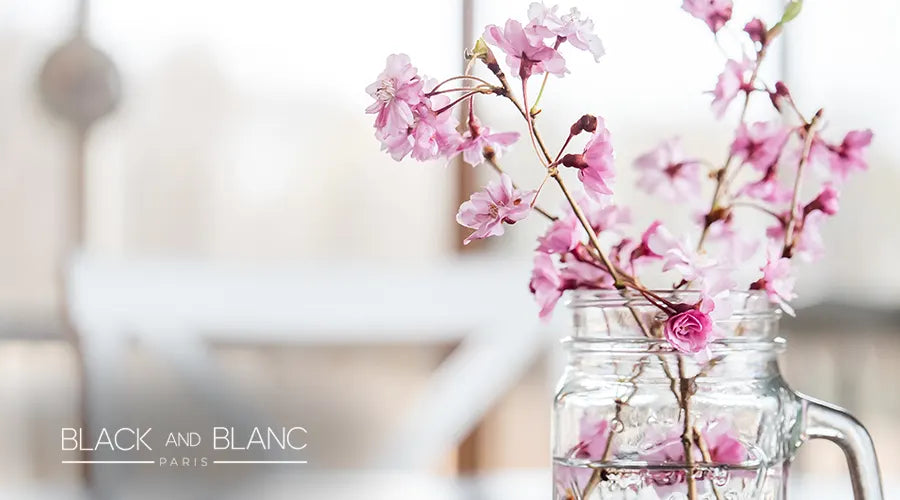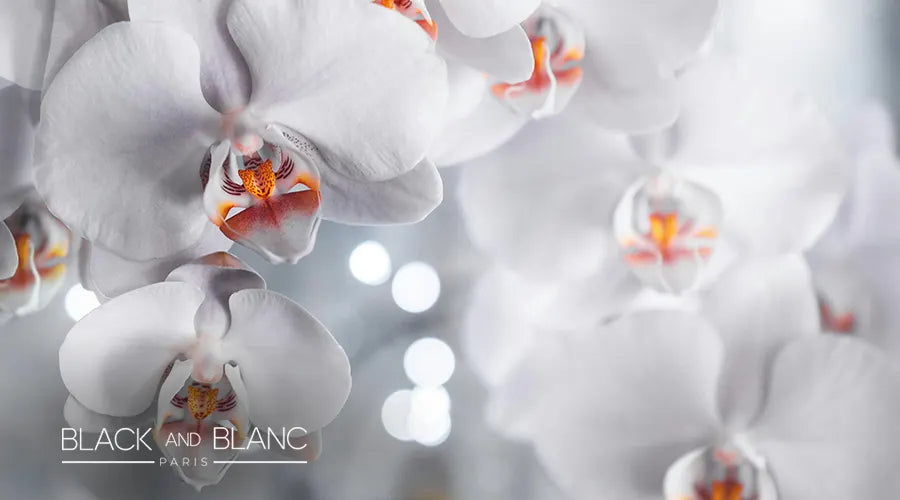Feng Shui, the ancient Chinese art of arranging living spaces, is centered on creating balance and harmony between individuals and their environment through the strategic placement of objects. In the realm of Feng Shui, flowers play a pivotal role due to their ability to enhance positive energy or chi in any given space. When used thoughtfully within a home or office, flowers and Feng Shui help attract prosperity, health, and happiness.
What is Feng Shui?
Feng Shui has its roots in ancient Chinese philosophy, dating back thousands of years. It is based on the principles of Taoism and the belief that everything in the universe is connected by an invisible flow of energy, known as chi or qi.
According to Feng Shui principles, the arrangement of objects, colors, and elements within a space can either enhance or disrupt the flow of chi. By strategically placing particular objects and incorporating specific aspects, such as flowers, Feng Shui practitioners believe they can encourage positive energy and reduce negative influences, leading to improved well-being, relationships, and overall life quality.
Flowers and the Five Elements in Feng Shui

In Feng Shui, flowers are associated with different elements, each carrying its unique energy and symbolism. Understanding the elemental associations of flowers can help you choose suitable blooms to enhance specific areas of your life or address particular concerns.
Wood Element in Feng Shui
Flowers like peonies, cherry blossoms, and roses are connected to the Wood element, representing growth, renewal, and vitality. These flowers are believed to bring positive energy and promote personal development, creativity, and new beginnings.
Fire Element in Feng Shui
Vibrant blooms like sunflowers, marigolds, and birds of paradise are associated with the Fire element, symbolizing passion, energy, and vitality. These flowers can ignite ambition, boost confidence, and enhance the overall energy level in a space.
Earth Element in Feng Shui
Grounded and earthy flowers like daisies, chrysanthemums, and carnations are connected to the Earth element, representing stability, nourishment, and abundance. These blooms are believed to promote a sense of grounding, fertility, and material prosperity.
Metal Element in Feng Shui
Delicate and structured flowers like orchids, irises, and calla lilies are linked to the Metal element, symbolizing clarity, focus, and precision. These blooms can help to enhance concentration, logic, and decision-making abilities.
Water Element in Feng Shui
Flowing and graceful flowers like lotus, lilies, and peonies are associated with the Water element, representing serenity, purification, and adaptability. These blooms can help to cultivate a sense of calm, emotional balance, and flexibility.
Things That Can Bring Negative Energy
While flowers are generally considered positive additions to a space in Feng Shui, there are certain situations where they can potentially bring negative energy:
Dried Flowers And Feng Shui
Wilted or dry flowers at home are associated with decay and stagnation, which can disrupt the flow of positive chi. It's essential to remove any wilted or dying blooms from your living or working spaces as soon as possible.
Artificial Flowers And Feng Shui
Feng Shui emphasizes the importance of natural elements and living things. Artificial or plastic flowers are considered devoid of life force energy. They may introduce stagnant or synthetic energies into a space, which can be detrimental to positive chi flow.
Flowers with Thorns
Flowers with thorns or sharp edges, such as roses or cacti, can symbolize aggression, protection, or defensiveness. While these blooms can have their place in certain areas, they should be used with caution and avoided in spaces meant for relaxation or meditation.
Overpowering Floral Scents
While floral scents can be pleasant and uplifting, overpowering or cloying fragrances can be overwhelming and potentially cause headaches or dizziness. It's essential to strike a balance and choose flowers with subtle, refreshing aromas.
Feng Shui: Flowers for Positive Energy
Incorporating the right flowers in the right places can significantly enhance the positive energy flow in your home or workspace. Here are some of the most fortunate flowers to consider in Feng Shui:
Peonies and Feng Shui
Peonies are revered in Chinese culture for their symbolism of prosperity, good fortune, and romantic love. They are associated with the Wood element and are believed to bring positive energy and encourage personal growth and new beginnings. You can read more about Peony Flower Meanings and Symbolism
- Feng Shui Placement: Peonies are excellent choices for the living room, bedroom, or any area where you wish to cultivate a sense of abundance, fertility, and emotional harmony. They can be placed in the Wealth and Prosperity corners of a space or near the front entrance to welcome positive chi.
Orchids and Feng Shui
Elegant and exotic, orchids are associated with the Metal element and symbolize fertility, beauty, and strength. They are believed to bring refinement, grace, and a sense of luxury to a space. You can visit and order our Orchid flowers
- Feng Shui Placement: Orchids are ideal for the bedroom, where they can promote intimacy and sensuality. They can also be placed in the study or office area to encourage focus, concentration, and clarity of thought.
Chrysanthemums and Feng Shui
Chrysanthemums are deeply rooted in Chinese culture and are associated with the Earth element. They symbolize longevity, abundance, and a solid connection to nature.
- Feng Shui Placement: Chrysanthemums can be placed in the living room or kitchen areas to promote a sense of grounding, nourishment, and material prosperity. They are also suitable for the bedroom, where they can encourage restful sleep and overall well-being.
Lotus Flowers and Feng Shui
The lotus flower is sacred in many Eastern cultures and is associated with the Water element. It symbolizes purity, spiritual enlightenment, and the ability to rise above adversity.
- Feng Shui Placement: Lotus flowers are excellent choices for meditation or spiritual practice areas, as they can help cultivate a sense of tranquillity, peace, and inner growth. They can also be placed in the bedroom to promote emotional balance and adaptability.
Feng Shui: Unlucky Flowers to Avoid
While most flowers are generally considered optimistic in Feng Shui, there are a few blooms that are believed to bring negative energy or symbolize unfortunate events. It's best to avoid or use these flowers with caution:
- Calla Lilies and Feng Shui: In Western cultures, calla lilies are often associated with funerals and mourning, making them an unlucky choice in Feng Shui.
- Frangipani and Feng Shui: While beautiful, frangipani flowers are believed to bring bad luck and misfortune in some Feng Shui traditions, particularly in Southeast Asian cultures.
Flower Colors and Their Meanings in Feng Shui

In addition to the type of flower, the color of the bloom also holds symbolic significance in Feng Shui. Here are some of the most common flower colors and their associated meanings:
- Red Flowers and Feng Shui: Red flowers are associated with passion, love, and good luck. They are believed to bring energy, vitality, and prosperity.
- Yellow Flowers and Feng Shui: Yellow blooms symbolize happiness, optimism, and mental clarity. They can help to promote a positive and uplifting energy in a space.
- Pink Flowers and Feng Shui: Pink flowers represent love, romance, and femininity. They can encourage emotional harmony and nurturing energies.
- White Flowers and Feng Shui: White blooms are associated with purity, innocence, and new beginnings. They can help to create a sense of calm and fresh energy.
Final Thoughts
Incorporating flowers into your home or office, according to Feng Shui, can significantly alter the feel and flow of your environment. Whether you choose to adorn your space with fresh roses, hydrangeas, peonies, tulips, orchids, or lilies, ensure they are fresh and vibrant to maintain positive energy. For those in Dubai, consider flower delivery Dubai options for fresh, beautiful arrangements that align with your Feng Shui goals. Remember, the right flowers can transform not just the physical space but also the energetic environment of your home or workplace.














